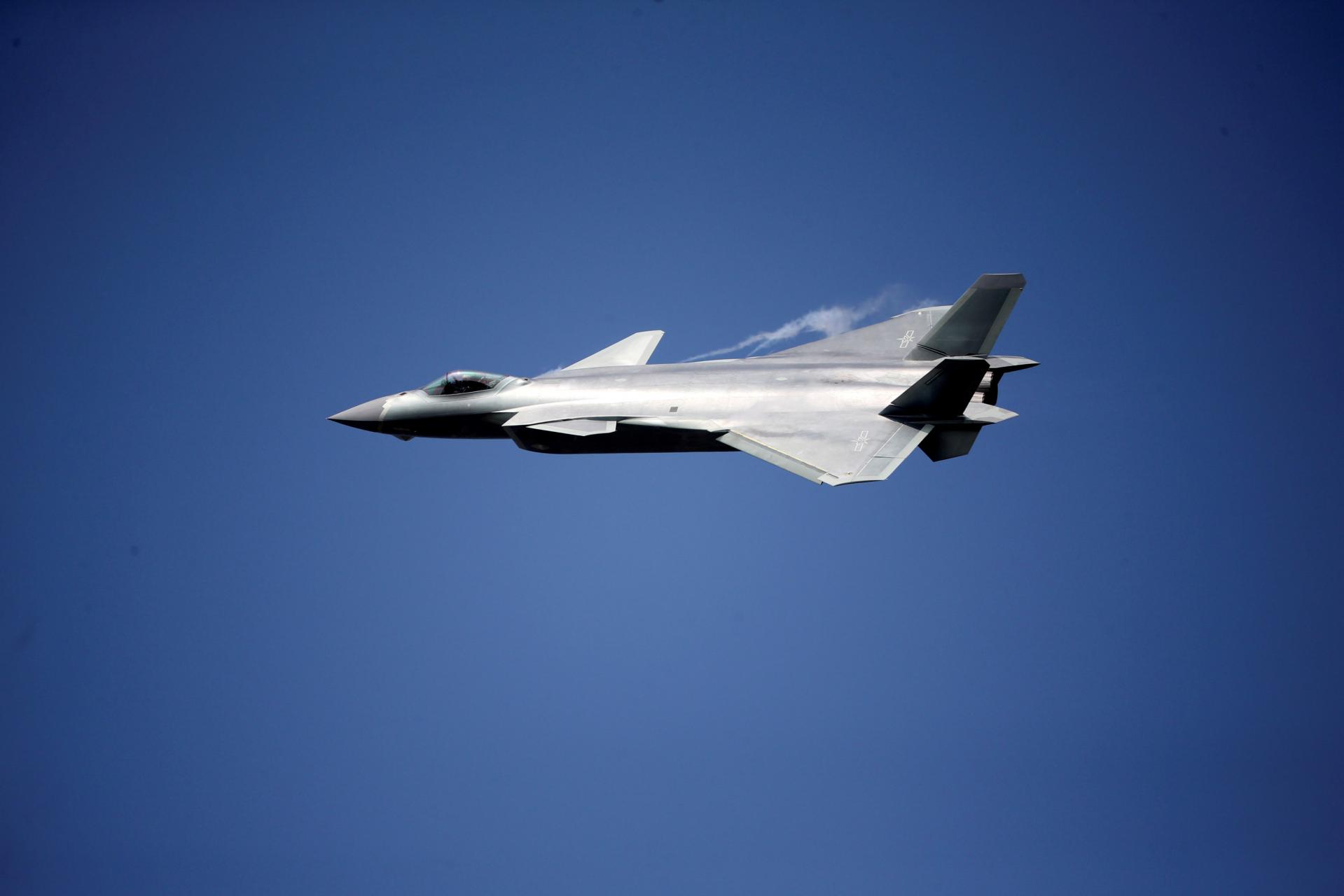My column: Donald Trelford
David and Goliath rattle sabres

Donald Trelford views on the delicate situation between China and Taiwan. | CHINA DAILY - REUTERS - X01745
Palma25/06/2021 13:01
How long can Taiwan evade the gigantic clutches of China, a country 60 times bigger and which has claimed the right – with increased belligerence since Xi Jinping assumed power in Beijing in 2012 – to recover the island it lost in 1949? And what would the United States do if China resorted to military force to seize Taiwan?
Also in News
- As Spain says adios to Golden Visa, Portugal says come on down!
- Here comes the sun - Mallorca weather forecast for Easter
- Mallorca holiday paradise vanishing for some German tourists
- Tens of thousands of Mallorca-bound British tourists facing long air delays this summer, airline boss warns
- Truck gets stuck in Mallorca village

No comments
To be able to write a comment, you have to be registered and logged in
Currently there are no comments.